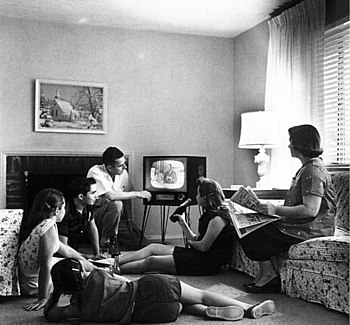 |
| The name NEMO has been used throughout history by many famous authors to describe events and people who find themselves on the border between fantasy and reality. In Latin nemo means ‘no one’ and indicates a world between fantasy and reality. Visitors to NEMO science centre can become a scientist, technologist or technician for a day. Suddenly dreams are real. (Photo credit: Wikipedia) |
How useful is data delivered in dreams? Some believe that information delivered in dreams is for the most part nonsense--inanities dredged from the subconscious mind that are mostly absurd re-imagings of things garnered from our waking life. Others believe that through interpretations dreams provide valuable information regarding our mental state or circumstances concerning our waking life that have not been recognized previously.
There are certainly other theories regarding the usefulness or not in respect to dreams. If you remember your dreams, you probably have your own thought about how useful they are to you. And those of you who do not remember dreams could possibly be blocking out important information your subconscious is trying to wake you up to understand.
Stories have been told of dreams solving real life problems such as the location of lost items, exposing problematic relationships, or even solving complicated scientific formulas. If we are to believe these stories then this seems to indicate that dreams can provide reliable information that can be put to good use in waking life. Perhaps you have had such an experience of a dream helping to solve a problem that has vexed you.
Dream research has suggested that dreams are often the subconscious sorting of data and at times might include overt interpretation of data that in waking life has not been understood. These types of dreams can provide tangible solutions that can later be highly useful to the dreamer. In other cases the dream may contain hidden solutions to problems, but the dream must be comprehended and decoded in order to put the data to use in waking life.
The usefulness of dream data might be up for debate, but for some their experience says an emphatic "yes" to applying dreams to solve problems or understand aspects of life. Since the dreams come from the inner recesses of the mind, uninhibited by the norms that hinder us in waking life, my inclination would be to believe that dreams don't actually lie. Dreams might be misinterpreted or misunderstood in such a way that we may dismiss them as folly, but the truth is there whether it be disguised or overtly stated. It's up to the dreamer to understand what the truth is in the dream and what message the dream is conveying.
Have you had any experiences where a dream has provided information that helped you in some way? Why do you think a dream might reveal information that one might not recognize in waking life? Do you believe dreams can provide useful information or do you think they are primarily nonsense?




















